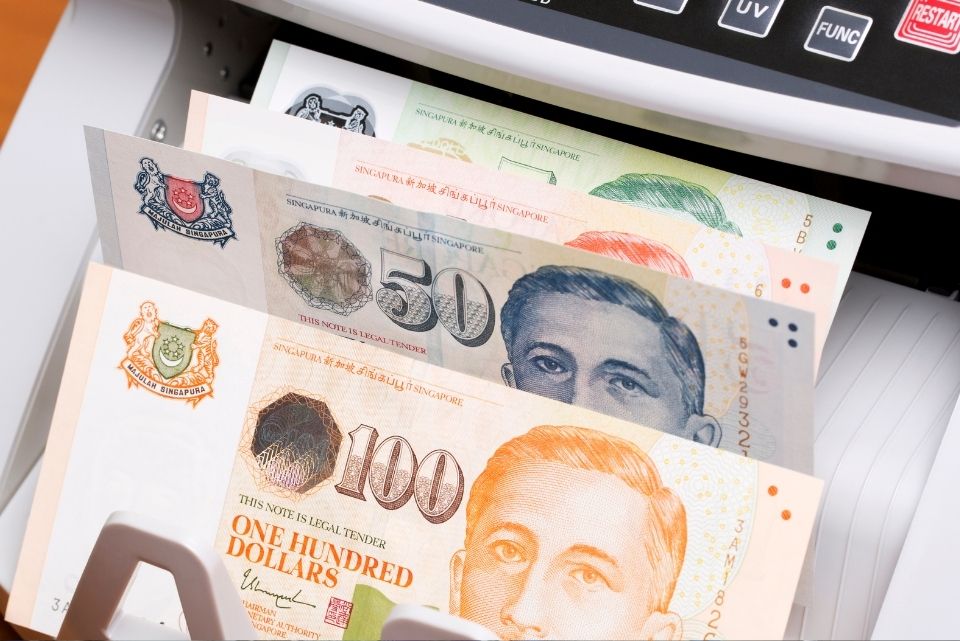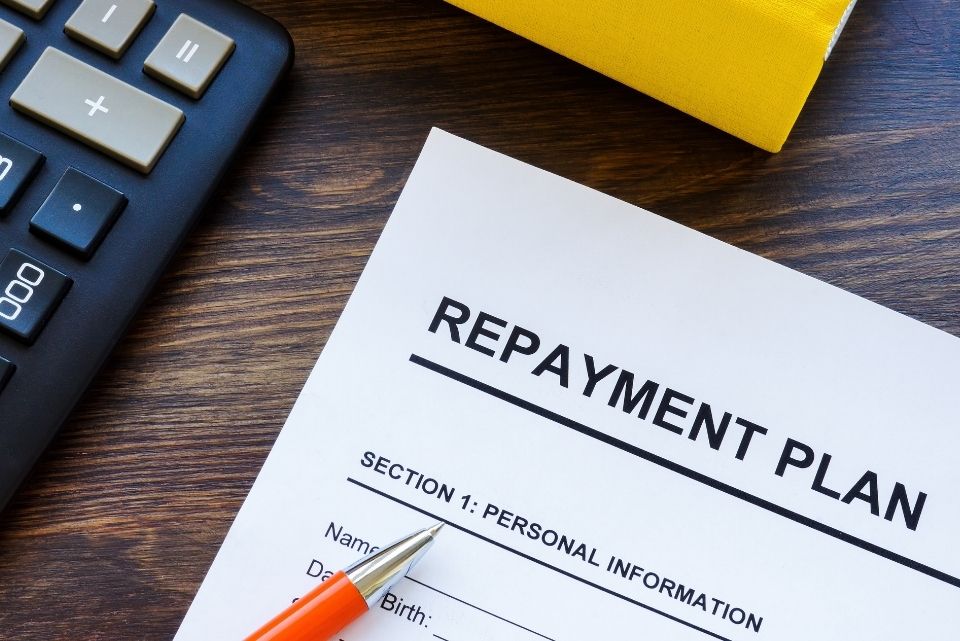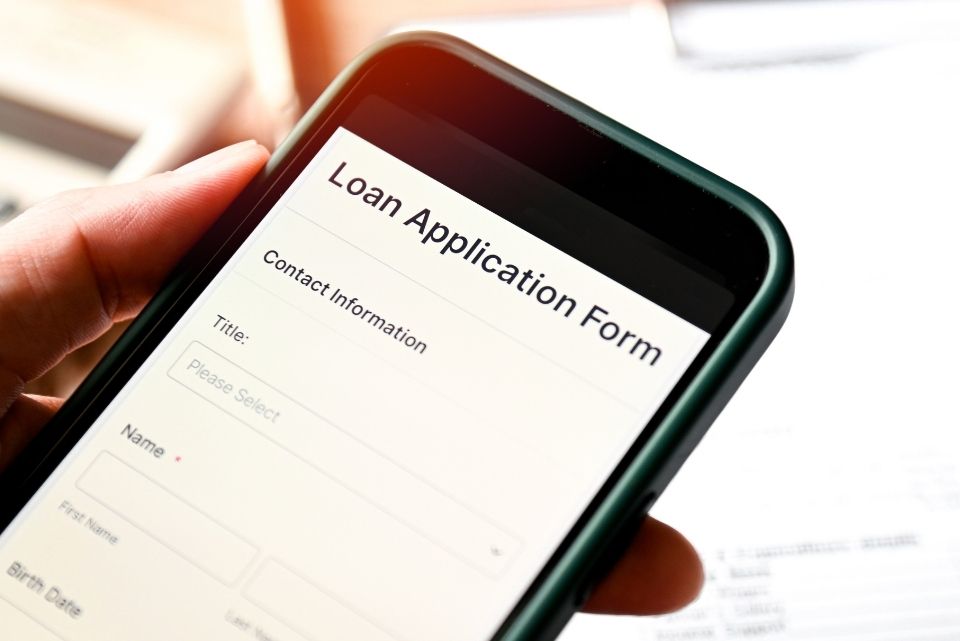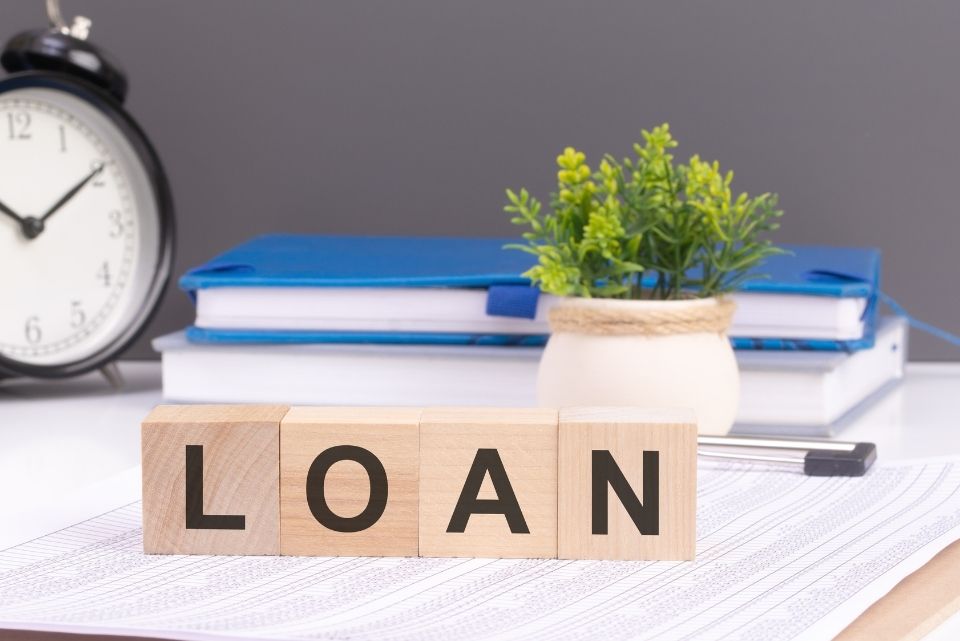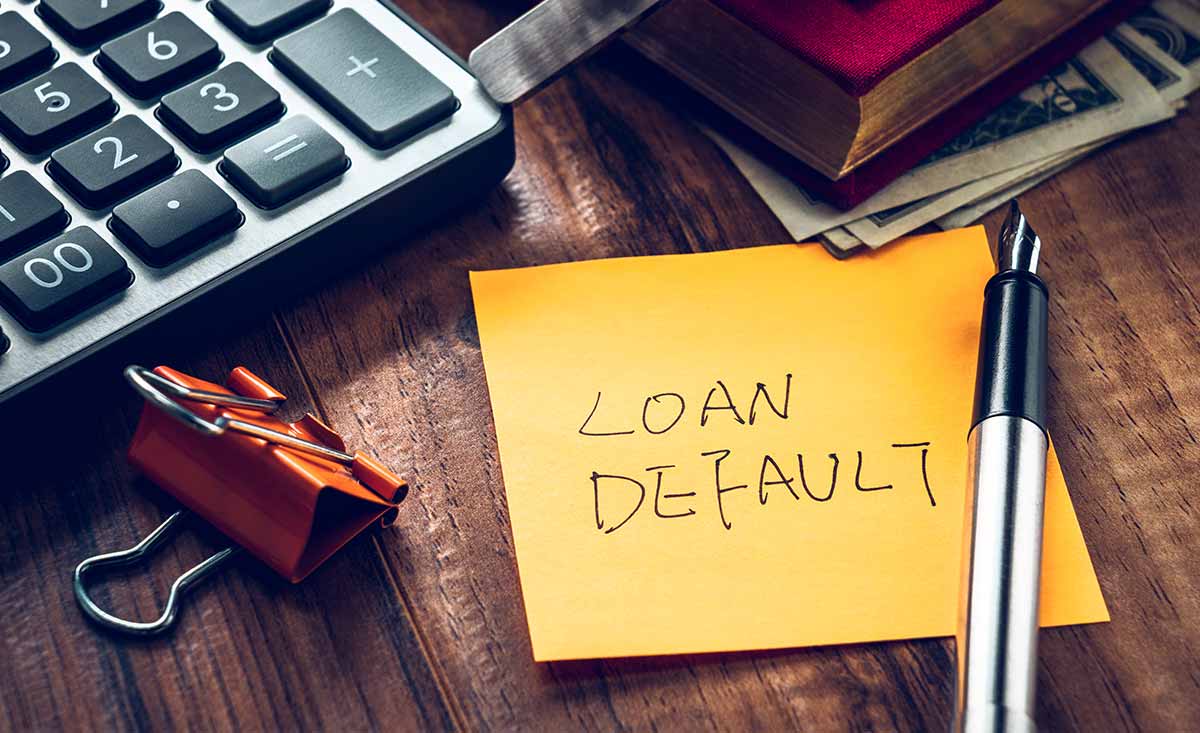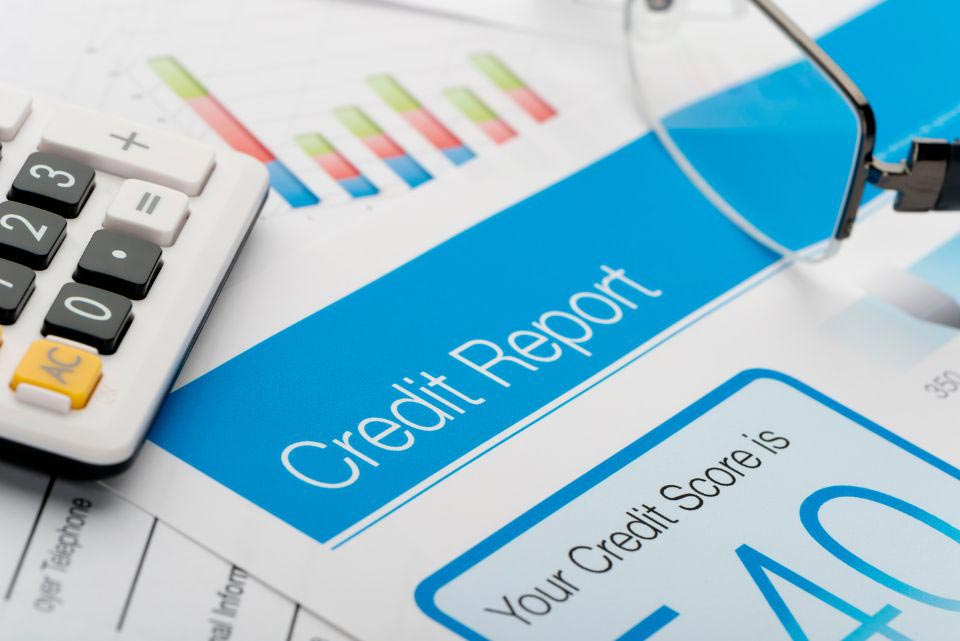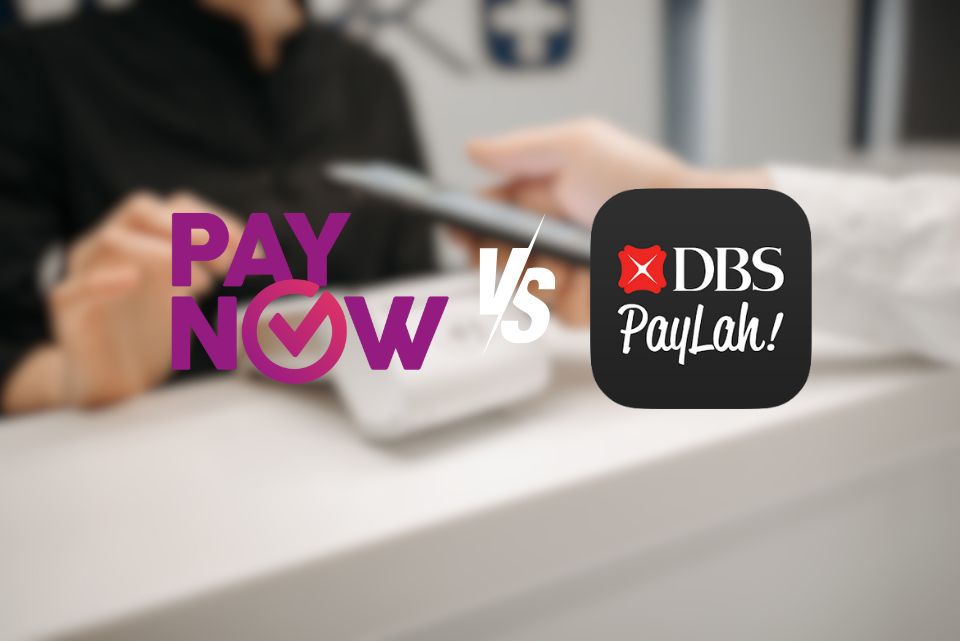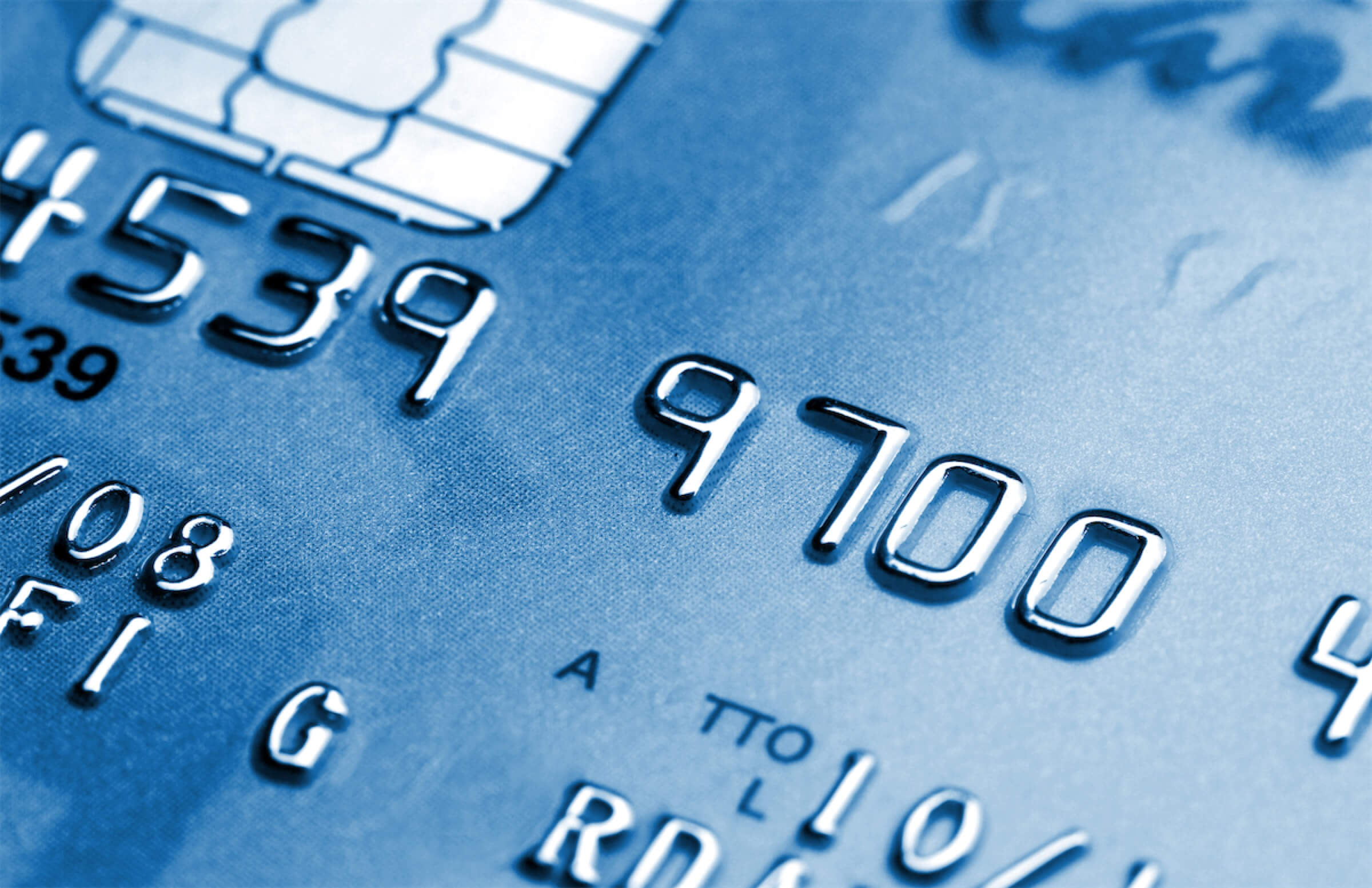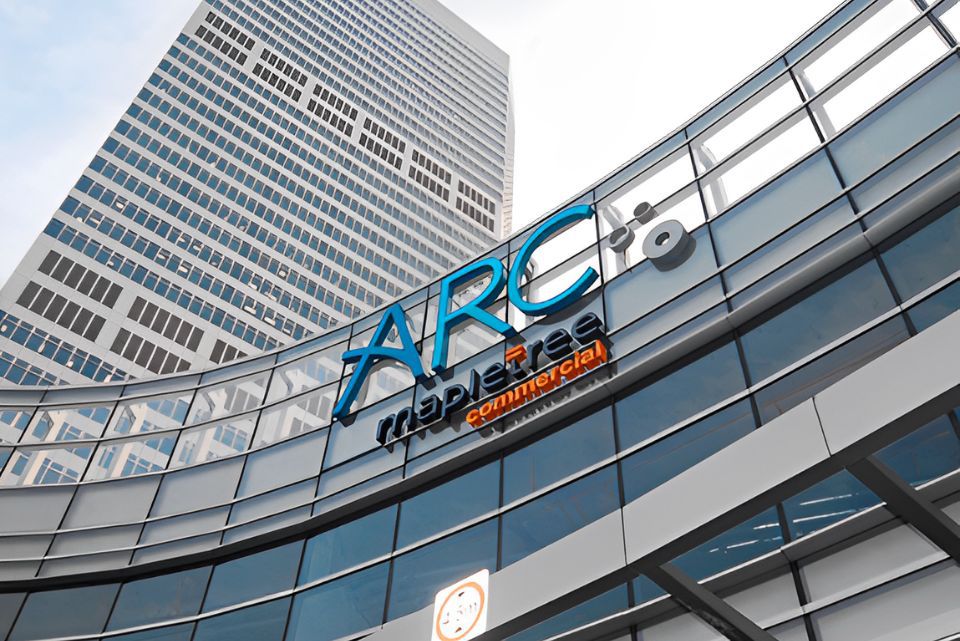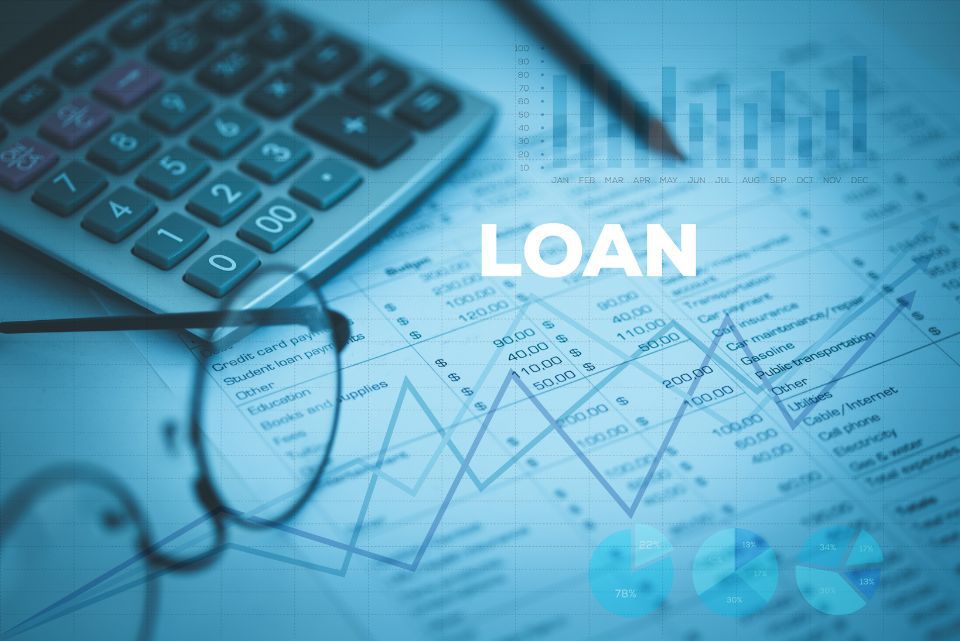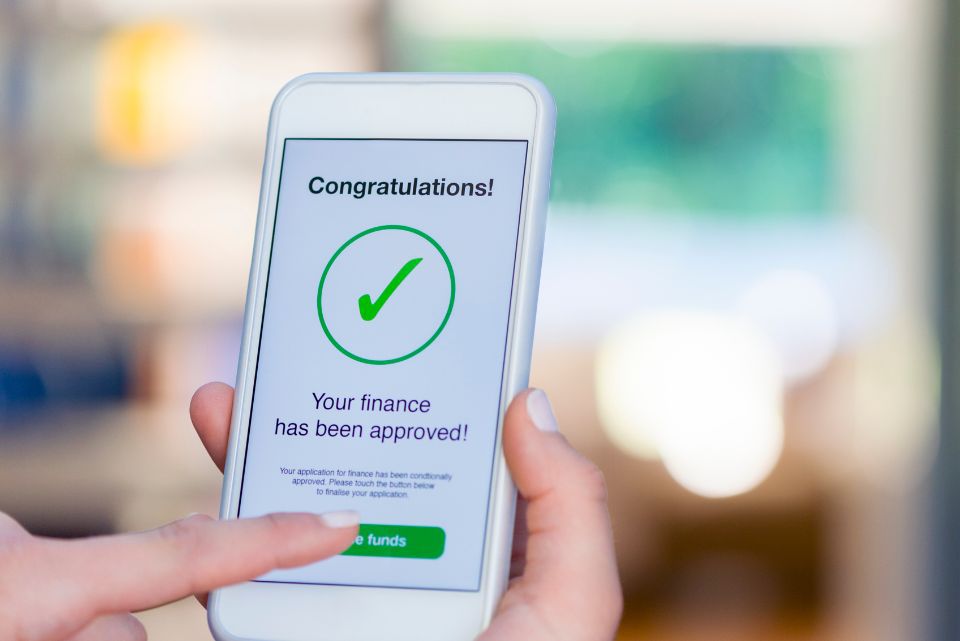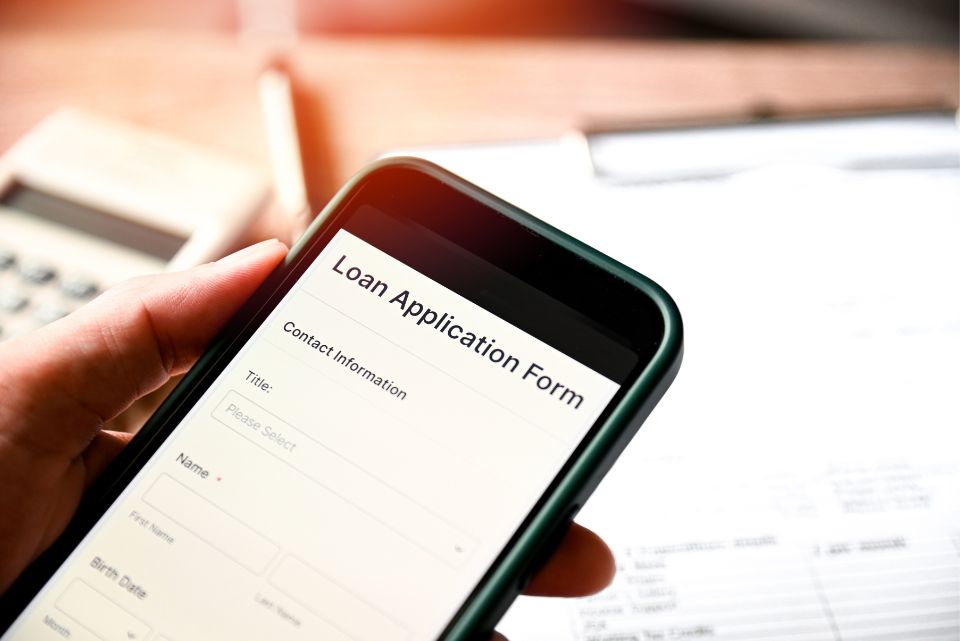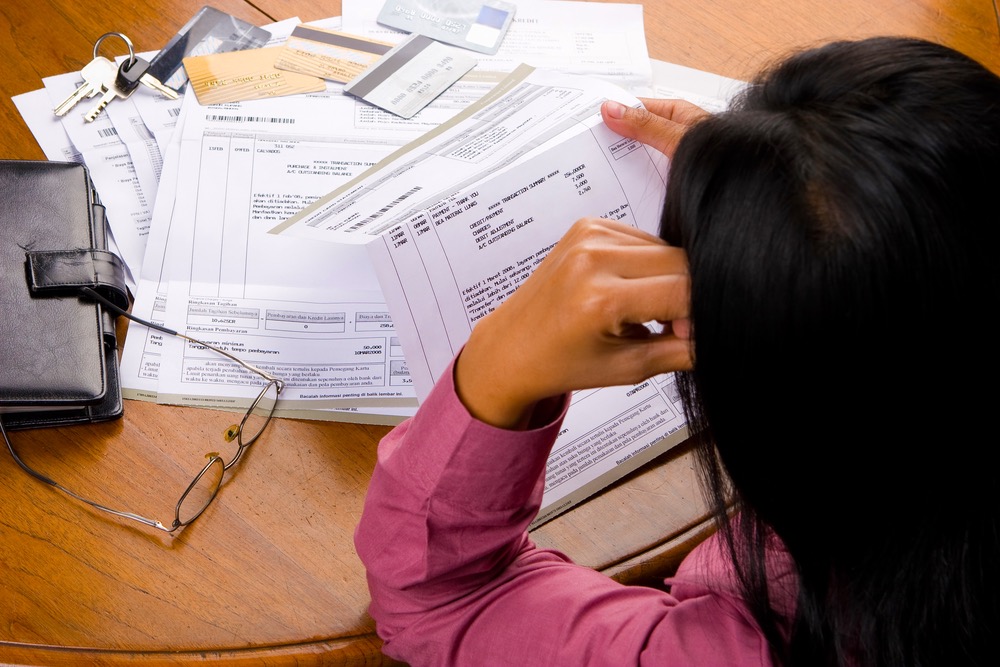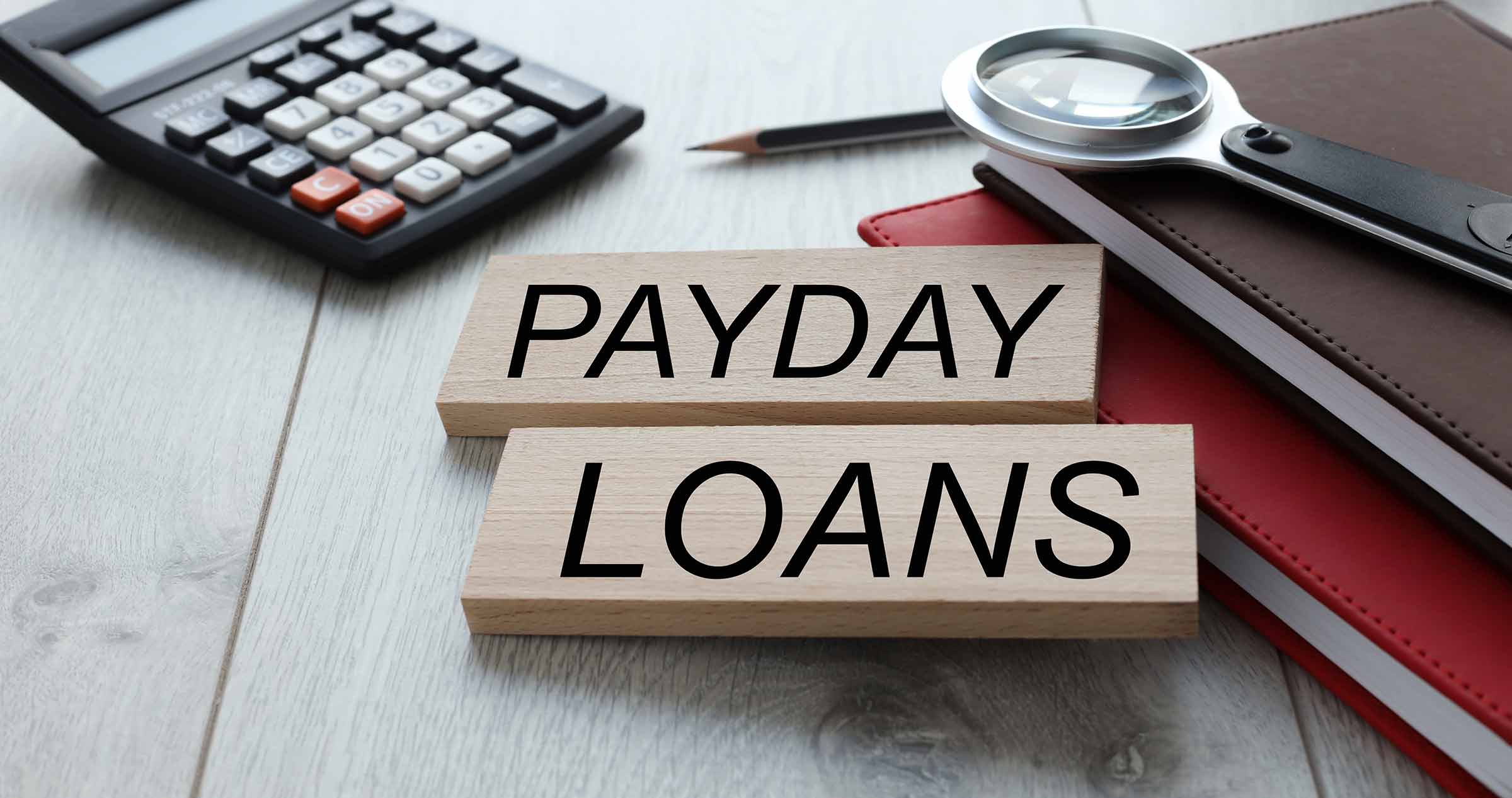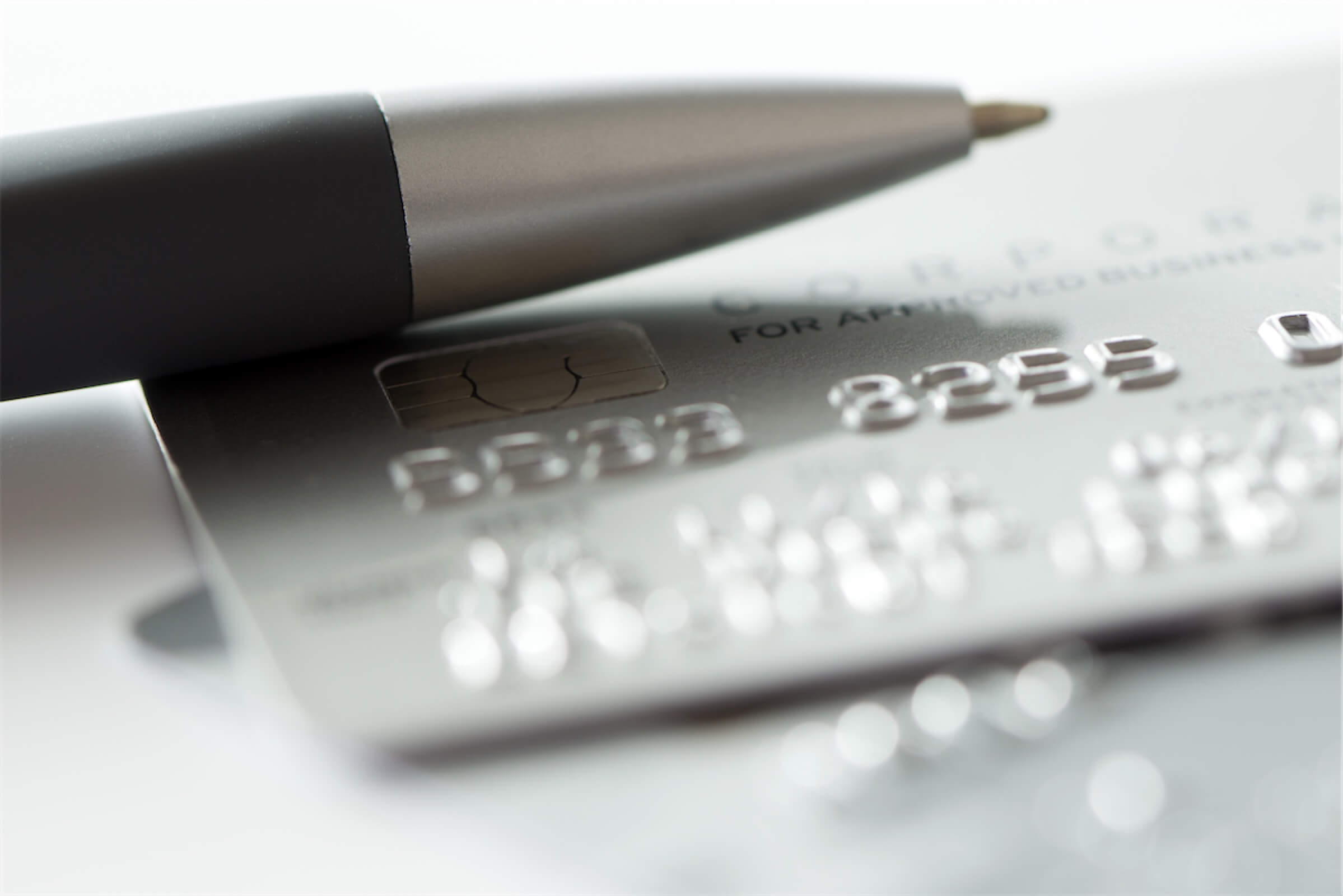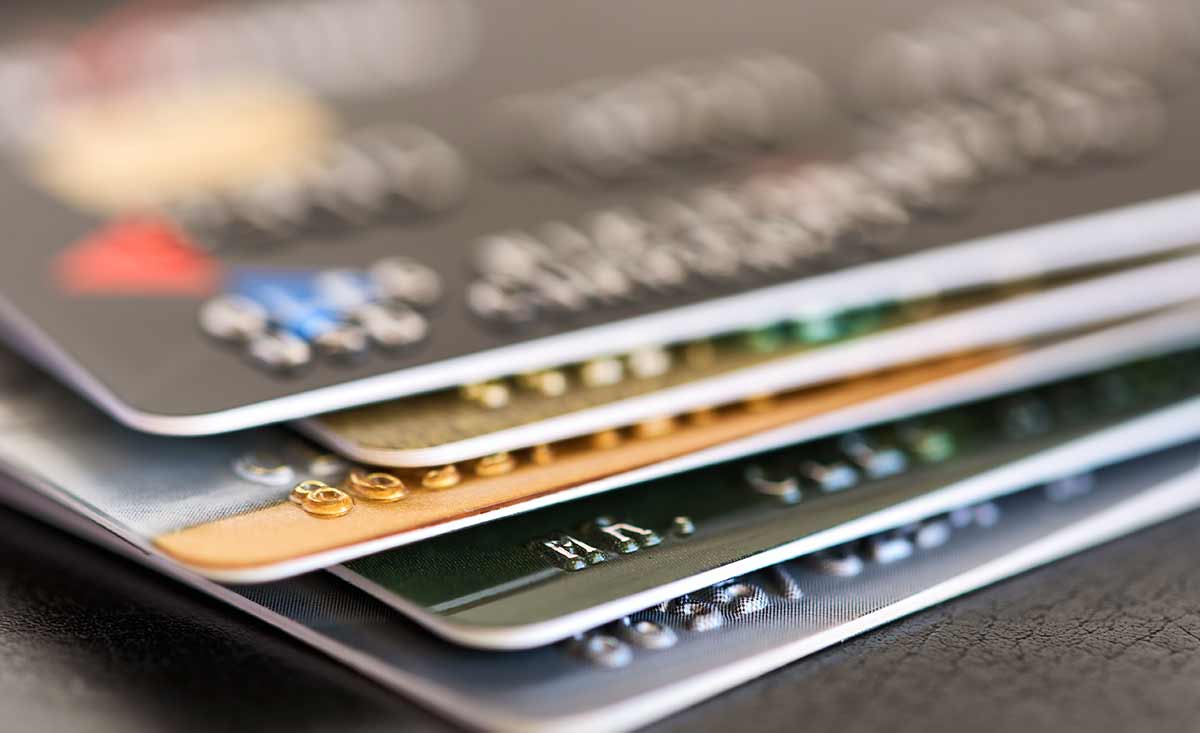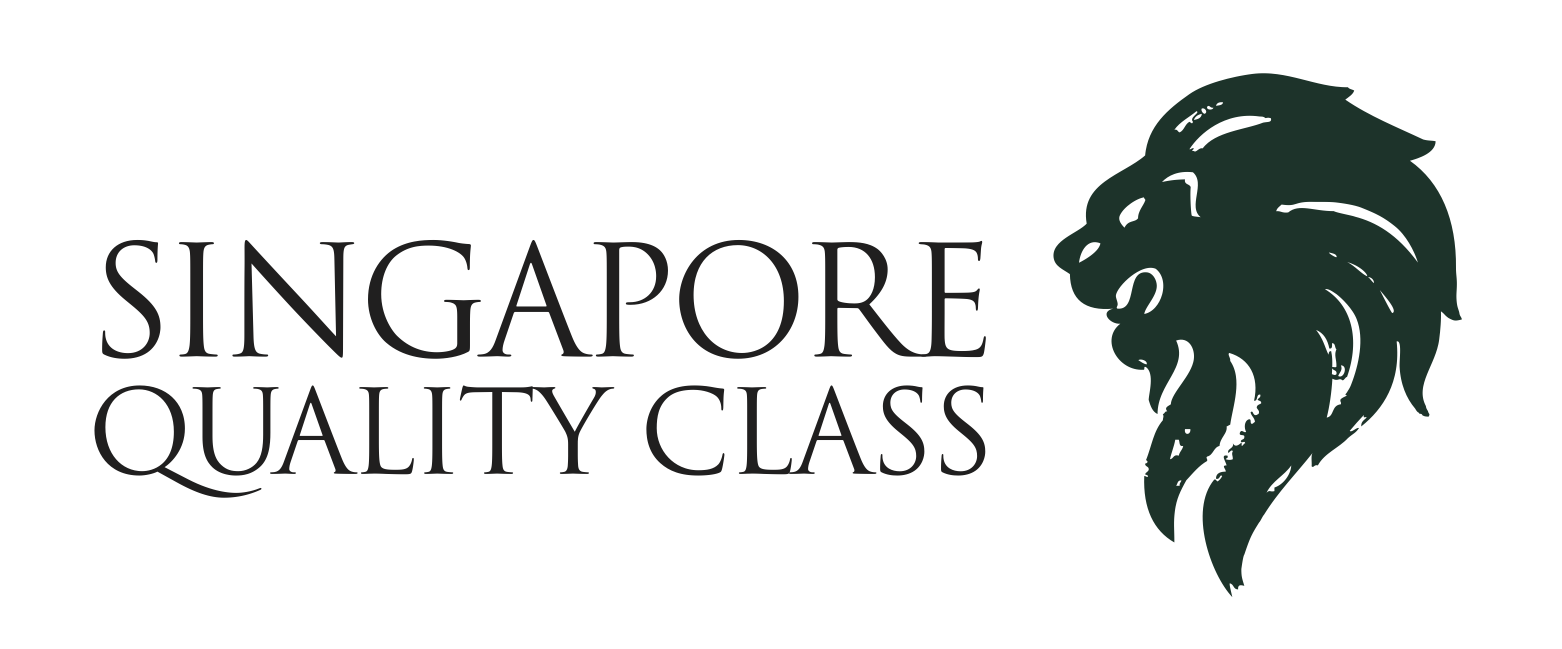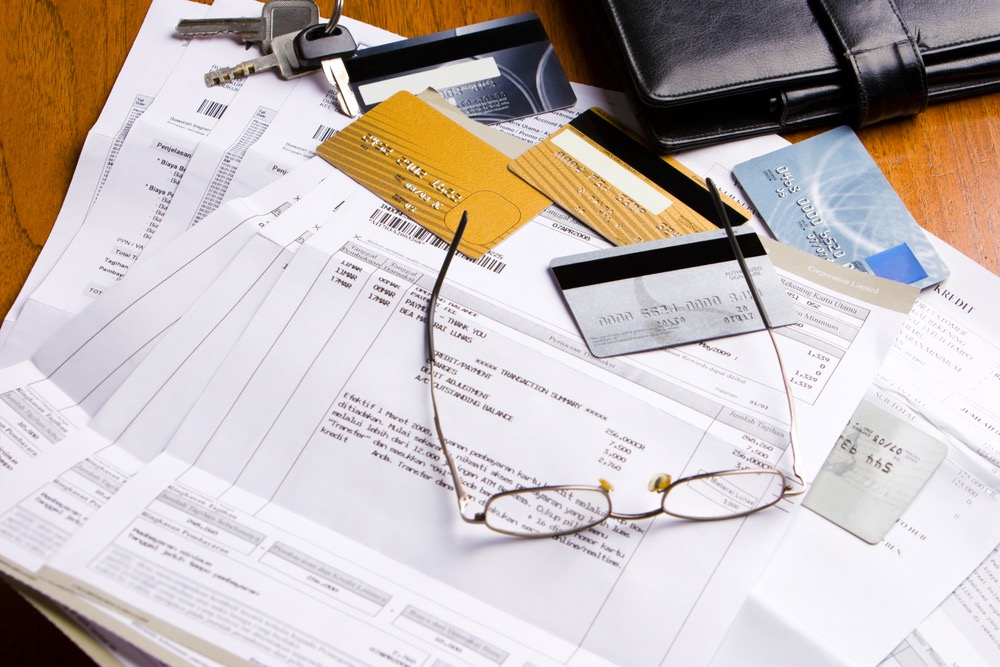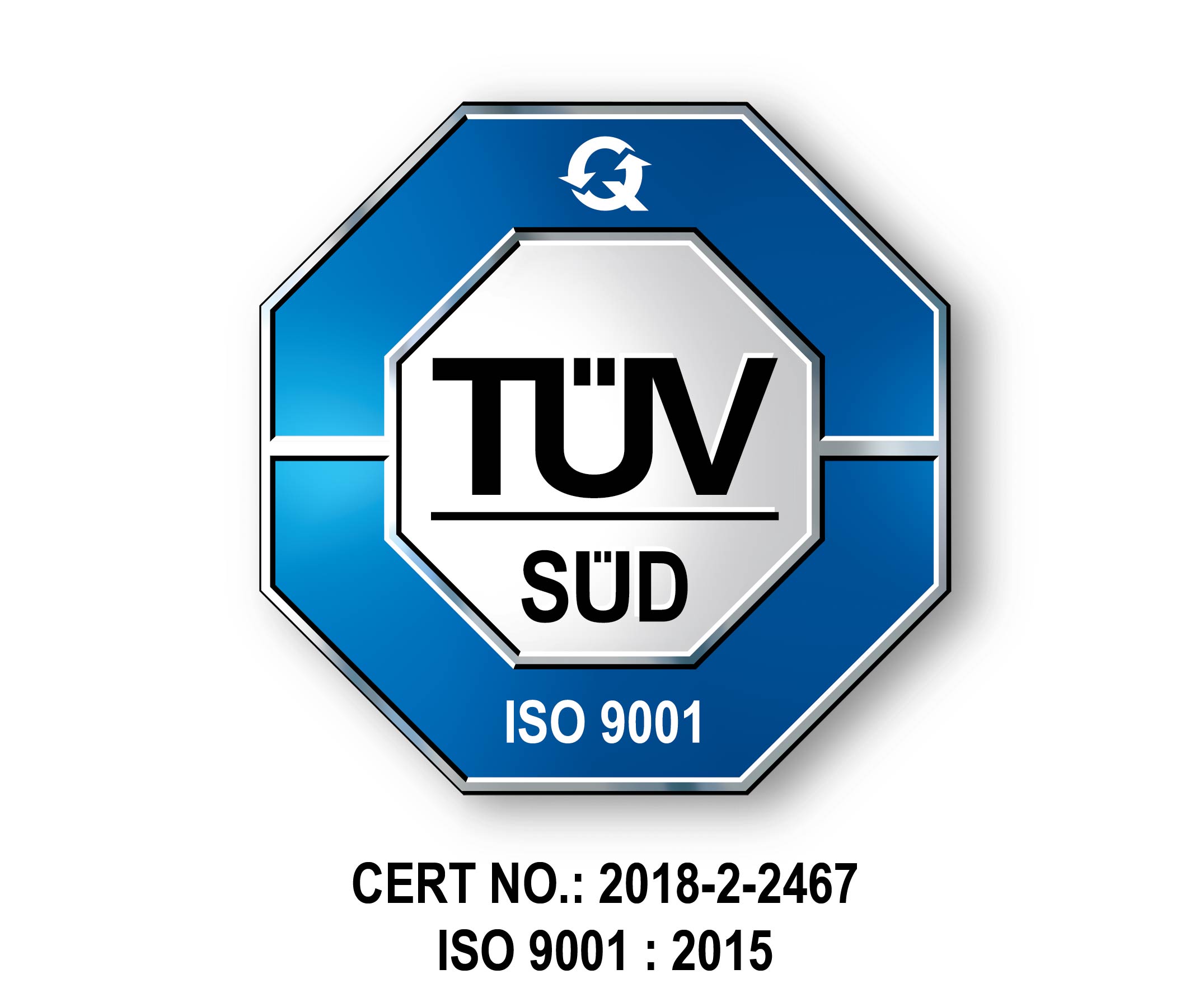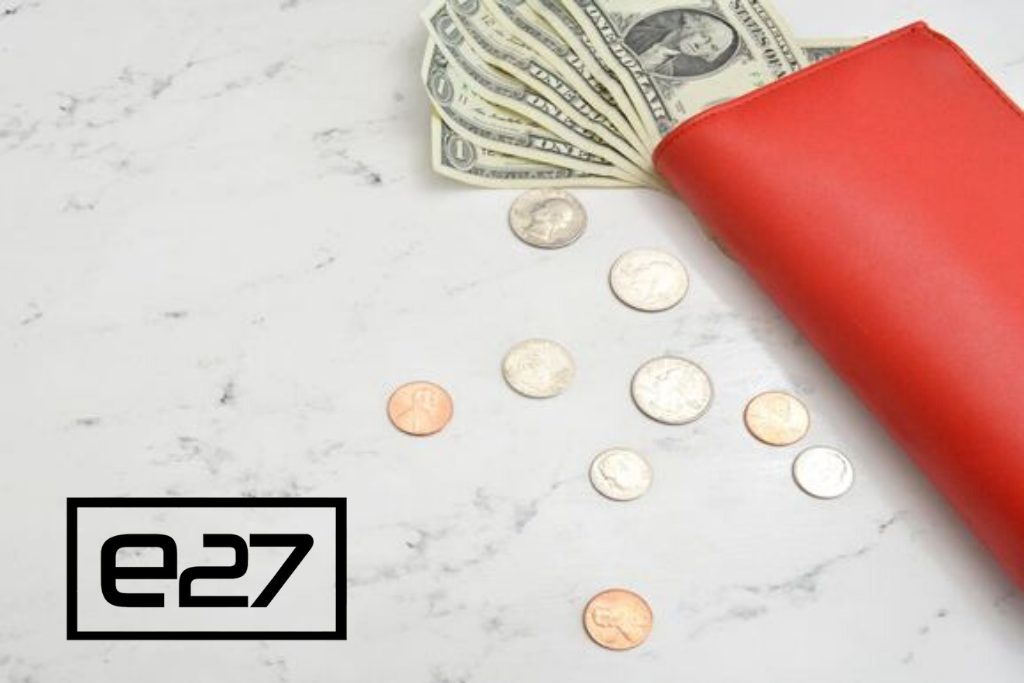
Thinking about borrowing money in Singapore? Loans such as personal loans can help you start a business, buy a car, or finance your dream home renovation. And there are two main options: collateral and non-collateral loans.
Collateral loans require you to put up something valuable, like a house or car, as security. If you can’t repay the loan, the lender can take that asset. On the other hand, non-collateral loans don’t require any guarantees or assets. Instead, the lender decides if you’re creditworthy or how likely you are to repay based on your credit history.
Before borrowing any type of loan, it is essential that you understand the differences before choosing a better option for your needs.
What Are Collateral Loans?
Collateral loans or a secured loan let the borrower pledge a valuable asset to secure a loan from a lender (e.g., a bank or financial institution). The asset you pledge (your collateral) could be property, vehicles, jewelry, financial securities, or other items with significant value. The collateral acts as a guarantee for the lender, reducing their risk. If you cannot repay the loan, the lender has the legal right to take possession of the collateral and sell it to recover their losses.
How Collateral Loans Work?
For instance, you borrow money from a bank and use your house as security. That house is the “collateral.” If you can’t pay back the loan, the bank can take your house to get their money back. Since the bank has something to fall back on, they’re usually happy to offer you a lower interest rate and lend you a bigger amount compared to a regular loan.
What You Can Use As Collateral?
There are various things you can use as collateral in Singapore, as long as they’re valuable and easy to sell quickly. This could be your property, stocks, or even other investments. The bank will typically check the value of the asset and make sure it’s something they can easily sell if needed.
Advantages of Collateral Loan
There are a few reasons why a collateral loan might be a good fit for you:
- Borrow More Money: Because the bank has your collateral as a safety net, they’re often comfortable lending you larger loan amounts.
- Lower Interest Rates: Since the loan is less risky for the bank, they can offer you a lower interest rate, unlike with unsecured loans.
- Easier to Get with Lower Credit: The collateral acts as security to support your borrowing request and will help you get higher loan approval chances.
Collateral loans are a good option if you need a huge sum of funds, are looking for a much lower interest rate, and have something valuable to use as security.
Disadvantages of Collateral Loans
- Complicated Process: Involves more paperwork and valuation of your collateral asset compared to unsecured loans.
- High risk if payments are not made on time: If you can’t repay the loan, you risk losing the asset you put up as collateral.
- Credit score damage: Missed payments will negatively impact your credit score, hindering future borrowing.
Therefore, do remember that if you can’t complete the loan repayment, you risk losing your collateral. Make sure you understand the terms and can comfortably afford the repayments before taking out a collateral loan.
What are Non-Collateral Loans?
Do you need a loan in Singapore but don’t have anything to use as security? No problem! Non-collateral or unsecured loans might be the perfect fit.
Unlike collateral loans, where you put up something valuable like a house, non-collateral loans work differently.
They are a good option if you don’t have collateral or need a smaller, more flexible loan.
One popular example of a non-collateral loan in Singapore is a personal loan, which is for various needs such as renovating your home, covering medical bills, or consolidating debt.
Advantages of Non-Collateral Loans
Non-collateral loans, also known as unsecured loans, offer several advantages to borrowers compared to traditional secured loans. Here are some reasons why a non-collateral loan might be the right call for you:
- No Collateral Required: The most significant advantage of non-collateral loans is that you don’t need to risk your valuable assets, such as your home, car, or business equipment. This makes these loans an attractive option for borrowers who may not have significant assets to pledge or who don’t want to put their property at risk.
- Easier and Faster Approval: Since lenders don’t need to evaluate and verify collateral, the application and approval process for non-collateral loans is typically faster and more streamlined than for secured loans. This can be particularly beneficial if you need funding quickly.
- Greater Flexibility: Non-collateral loans often allow for a more flexible use of funds. You can use the money for a variety of business or personal expenses without the restrictions that may come with secured loans.
- Build Credit History: Repaying a non-collateral loan responsibly can help you establish or improve your credit score. This demonstrates to future lenders that you’re a reliable borrower, potentially leading to better rates and terms on future loans.
- Shorter Repayment Terms: While shorter repayment terms can put more immediate pressure on your finances, they can also be advantageous. You’ll pay off the loan faster, potentially saving money on interest over the life of the loan.
Disadvantages of Non-collateral loans
- Higher Interest Rates: As you mentioned, lenders view non-collateral loans as riskier because they have no asset to seize if you default on the loan. This translates to higher interest rates to compensate for the increased risk.
- Stricter Qualification Criteria: Lenders will scrutinise your creditworthiness very carefully. You’ll likely need a good credit score and a solid income history to qualify.
- Potential Personal Liability: Some non-collateral loans may require a personal guarantee. This means that if your business is unable to repay the loan, you become personally liable for the debt, potentially putting your assets at risk.
- Shorter Repayment Terms: Non-collateral loans often have shorter repayment terms compared to secured loans. This can mean higher monthly payments, which might put a strain on your business’s cash flow.
Collateral Loans vs. Non-Collateral Loans: A Comparison of Costs and Interest

Interest rates are a big deal, and in Singapore, they can be quite different depending on whether you get a collateral loan (with something valuable as security) or a non-collateral loan (no security needed).
Interest Rates: Lower with Collateral
Generally, collateral loans come with much lower interest rates, sometimes as low as 1% to 2%. This is because the lender has your house or car as a backup if you can’t repay.
Non-collateral loans, on the other hand, can have interest rates anywhere from 3% to a whopping 10% or more! So, if you want to save money on interest, a collateral loan might be the way to go.
Beyond Interest Rates: The True Cost
But hold on, interest rates aren’t the whole story. The Effective Interest Rate (EIR) is another important consideration. This number factors in all the extra fees the loan might have, like processing fees or administrative charges. It gives you a clearer picture of the total cost you’ll incur.
Fees can add up.
Here’s the thing: both collateral and non-collateral loans can have extra fees. Collateral loans might require more paperwork and take longer to process, which can add to the cost. On the other hand, collateral loans might have higher upfront fees.
So, which loan is best? It depends!
Collateral loans might have lower interest rates, but they can also be more complex and expensive due to fees.
Non-collateral loans might be faster and easier to get, but they can be pricier overall.
The best option depends on your situation. Shop around and compare lenders to find the loan with the lowest overall cost for you and the funding that you need.
Assessing Risk and the Consequences of Defaulting A Loan
Taking out a loan is a risk for both you and the lender. They need to know you can pay them back, while you need to consider what happens if you can’t.
This risk assessment works differently for collateral and non-collateral loans in Singapore.
How Do They Check You Out?
For non-collateral loans, lenders become detectives in your financial life. They’ll check your credit score, income, job, and anything else that shows you’re a good bet to repay. Since they don’t have anything you put up as security, they need to be extra careful. On the other hand, the approval process for collateral loans is slightly easier. This is because the lender can take your house or car if you don’t repay.
What Happens If You Can’t Pay?
Things get serious if you can’t repay your loan. Here’s how it differs:
- Non-Collateral Loan: The lender can sue you to get their money back, but they can’t take your stuff without a court order. It can still hurt your credit score, though.
- Collateral Loans: This is where things get real. If you default, the lender can seize the asset you put up as security (like your house) and sell it to get their money back. Losing your car or house can be a huge financial blow.
How To Apply For And Receive Approval For A Loan In Singapore, With Or Without Collateral?
Understanding the loan application process can save you time and hassle. Here’s a breakdown of what to expect:
Step 1: Determine Your Needs
- Loan Amount: How much do you need to borrow?
- Purpose: What will you use the funds for (e.g., debt consolidation, home renovation, emergency expenses)?
- Repayment Period: How long do you intend to take to complete the repayment?
Step 2: Check Your Eligibility.
- Credit Score: A good credit score increases your chances of approval and helps secure better interest rates. Check your credit report and address any discrepancies.
- Income and Employment: Lenders will evaluate your income source and stability to determine your ability to repay the loan.
- Residency: Most loans in Singapore are available to Singapore citizens, Permanent Residents, and some foreigners holding eligible work passes.
Step 3: Choose the Type of Loan:
- Secured: If you have valuable assets and qualify for a lower interest rate.
- Unsecured: If you don’t have collateral or prefer a simpler application process.
Step 4: Compare Lenders and Interest Rates:
- Banks: Traditional institutions often offer competitive rates but may have stricter requirements.
- Licensed Moneylenders: Can provide quicker approvals with more flexible criteria, but may have higher interest rates.
Step 5: Gather the Required Documents:
- Proof of Identity: NRIC (for citizens/PRs), Passport, Employment Pass (for foreigners).
- Proof of Income: Latest payslips, income tax statements, bank statements.
- Proof of Residence: Utility bills, tenancy agreements.
- Collateral Documents (Secured Loans): Property ownership papers, vehicle registration.
Step 6: Submit Your Application:
- In-Person: Visit the bank or moneylender’s branch.
- Online: Fill out forms and upload documents on the lender’s website.
Step 7: Wait for Approval and Disbursement:
- Approval can take a few days to a few weeks.
- If approved, carefully review the loan agreement (interest rate, fees, repayment schedule) before signing.
- Upon signing, the funds will be disbursed into your designated account.
The Bottom Line
Collateral loans might seem more attractive because of their potentially lower interest rates. However, it’s crucial to remember that if you can’t repay the loan, you risk losing a valuable asset.
Non-collateral loans may have higher interest rates, but you avoid the direct risk of losing your possessions.
Here’s what to consider when making your choice:
Your ability to repay: Be brutally honest about your confidence in repaying the loan on time and in full. If there’s any uncertainty, the risk of losing your collateral might be too high.
Value of your collateral: How important is that asset? Losing a car that’s essential for work is far more disruptive than losing a piece of jewellery. Would you be able to replace it if necessary?
Alternative options: Have you explored other options like credit counselling, debt consolidation, or seeking loans from friends or family? These may be viable alternatives to both collateral and non-collateral loans.
Long-term cost: While collateral loans might offer lower interest in the short term, failing to repay them could lead to a loss that’s ultimately more costly than the higher interest rate of a non-collateral loan.
Therefore, the best choice of loan depends on your individual financial situation and your risk tolerance.
Short on funds? Get the cash you need now. Apply for a Crawfort personal loan today.

























